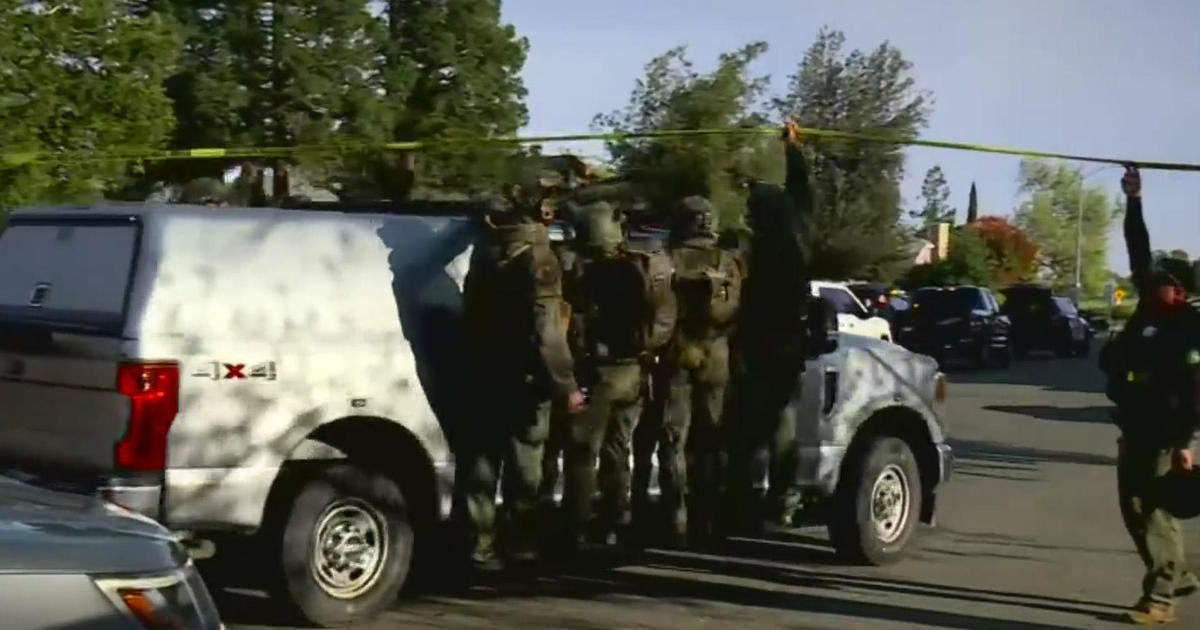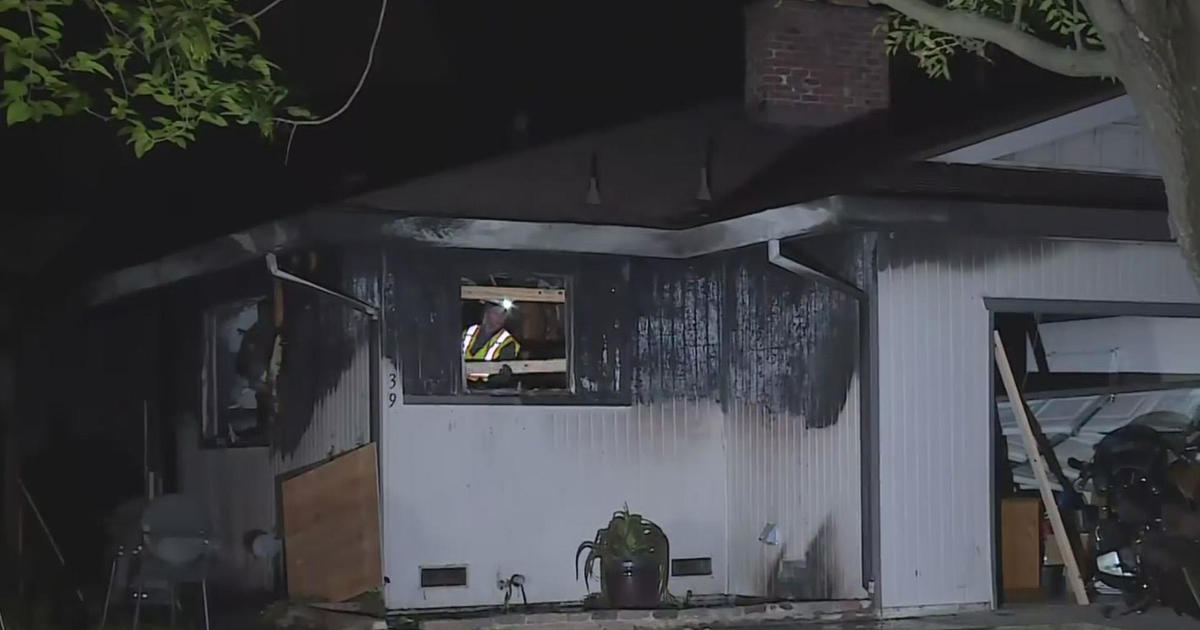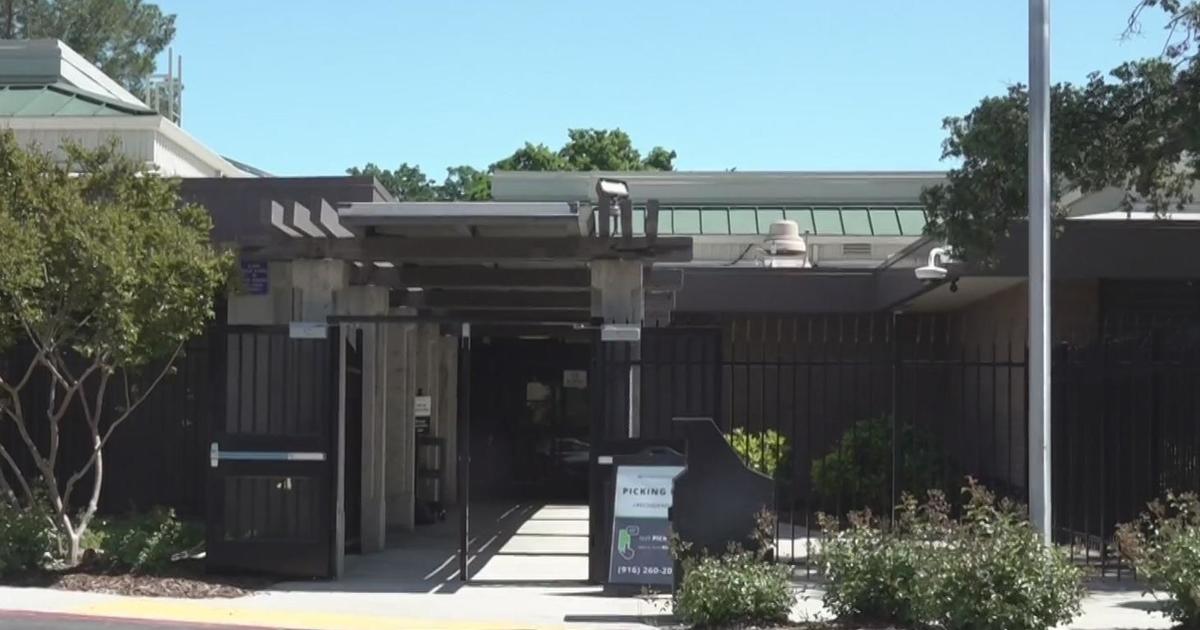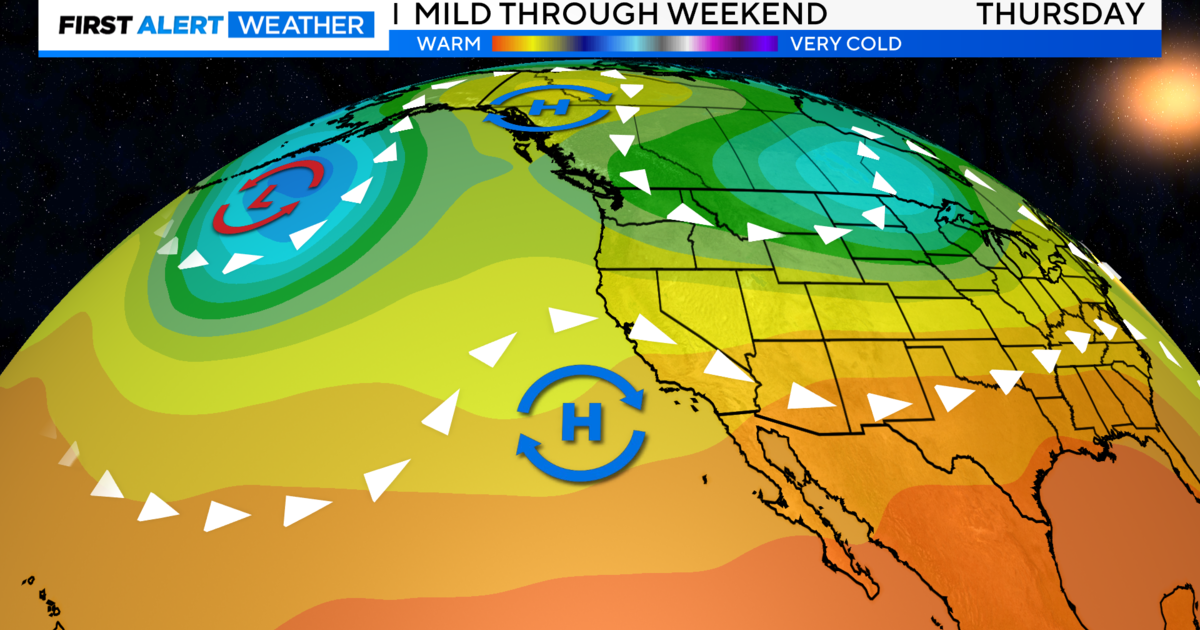FEMA Testing Wireless Emergency Alert System On Wednesday
SACRAMENTO (CBS13) — Chances are your office is going to be buzzing on Wednesday. Or chiming. Or some other alert-ing.
A nationwide test of the country's Wireless Emergency Alert System is set for Wednesday at 11:18 a.m.
California residents are familiar with this process after last week's Amber Alert describing a vehicle tied to a Modesto boy's abduction. An alert went out to residents' phones after the disappearance of Jayce Cosso on Sept. 18. He was found safe early the next day, though some residents got a second alert on later that afternoon.
RELATED: Jayce Cosso, Modesto Boy Subject Of Amber Alert, Found Safe In Dublin
The alert is meant to warn residents in case of a national emergency and will be a test of the Federal Emergency Management Agency's Integrated Public Alert and Warning System.
The IPAWS system has two big components: the Wireless Emergency Alert system and the Emergency Alert System. both will be tested within minutes of each other on Wednesday.
RELATED: Statewide Emergency Alert System Proposed To Help During Wildfires
At 11:18 a.m., a message will be sent to phones across the nation through the WEA system.
As people move away from traditional media sources such as television and radio, the importance of a national wireless system in emergencies grows. Coupled with the fact most Americans own a smartphone or other device, the system can provide a quick way to reach many people in an emergency, provided cellphone towers don't go down.
Two minutes later at 11:20 a.m., a test of the Emergency Alert System will go over TV broadcasts and radio stations. This is one viewers are likely familiar with, as CBS13 conducts these regularly.
"The Young And The Restless" will be interrupted briefly on Wednesday as viewers are shown the following message.
"THIS IS A TEST of the National Emergency Alert System. This system was developed by broadcast and cable operators in voluntary cooperation with the Federal Emergency Management Agency, the Federal Communications Commission, and local authorities to keep you informed in the event of an emergency. If this had been an actual emergency, an official message would have followed the tone alert you heard at the start of this message. A similar Wireless Emergency Alert test message has been sent to all cell phones nationwide. Some cell phones will receive the message; others will not. No action is required."
There are a few quirks to the system. First, FEMA assures people that the messages will still get through, even with network congestion. Typically in emergency situations, people trying to figure out what's going on or contacting loved ones or simply trying to figure out what happen can lead to dropped calls and delayed messages.
FEMA warns this is one alert that can't be opted out of. While smartphone operating systems give the option to turn off Amber Alerts, the same can't be said for presidential alerts.
If you happen to be on the phone at the time, the message is supposed to wait until after your call.



